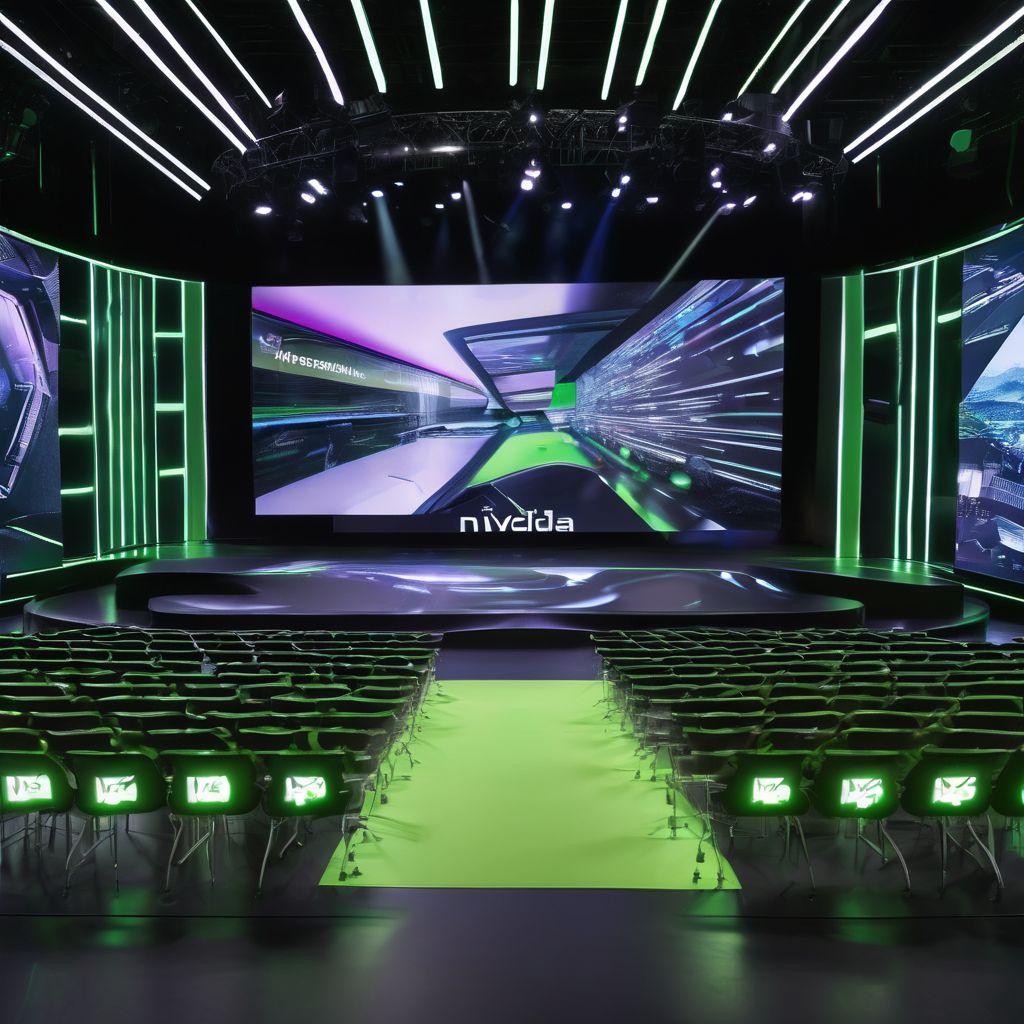
Artificial intelligence (AI) has become increasingly prevalent in all aspects of life, with numerous companies and 'experts' touting generative AI as a solution for various challenges. They claim that our lives will be greatly improved by using AI: it will save us time and effort in solving complex problems, enhance our intelligence, eliminate the need for studying and learning the hard way, and enable us to achieve previously unattainable outcomes, among other benefits. While generative AI does hold potential to assist humans in many sectors and industries that require the processing of large and intricate datasets, it is important for us to pause and critically assess the challenges that this technology and its corporate creators and proponents may pose to humanity and education at all levels. A recent UNESCO paper on AI and education emphasizes that "education is – and should remain – a deeply human act, rooted in social interaction. " On the other hand, some educational organizations are already testing the use of generative AI to teach and tutor students. For some, human teachers, educators, and lecturers are perceived as less effective than computer tools and thus should be replaced by machines and chatbots. We must take a moment to pause and engage critically with the purpose and processes involved in learning and teaching. While innovation and technology have their merits, and some aspects may help improve our work and practices, we cannot disregard traditional learning, human interaction, and deep engagement with texts and materials. If we rely on AI to provide us with summaries of texts and materials, we may neglect the development of human intelligence and critical thinking. The purpose of education should not be limited to learning how to write prompts and then relying on chatbots for summaries. Others have discussed the potential of AI in higher education and the use of AI by students to plagiarize essays. However, here, my focus is on how AI tools and platforms perpetuate biases, bigotry, and epistemic injustices that have plagued higher education worldwide since the era of European colonial conquest and the propagation of white supremacy and racism that followed, and that sadly continues to this day. United Nations human rights experts have cautioned that without strict rules and oversight, generative AI platforms can facilitate the dissemination of disinformation that "promotes and amplifies incitement to hatred, discrimination, or violence based on race, sex, gender, and other characteristics. " This is already unfolding. The deep-rooted, systemic, and structural injustices and inequalities that have persisted in the real world for centuries and have spread rapidly online in recent decades are now being reproduced through AI, which relies on the data available on the internet. Similar to knowledge and scholarship, "technology is never ideologically neutral; it exhibits and privileges certain worldviews and reflects particular ways of thinking and knowing. " Researchers at the University of Copenhagen have found that ChatGPT, currently one of the most popular generative AI platforms, is "heavily biased when it comes to cultural values. " It promotes American norms and values, often presenting them as 'universal, ' even when responding to inquiries about concepts and other countries and cultures. Consequently, the researchers argue that ChatGPT serves as a "cultural imperialist tool that the United States, through its companies, uses to promote its values. " An Asian American student in the United States attempted to use an AI tool to create a professional photo for her LinkedIn profile, but the result depicted her as white with blue eyes.
According to AI tools, this is the image of a 'professional. ' It disregards Asian or black appearances and implies that being 'professional' means being white with blue eyes. These biases and racist tendencies exhibited by AI tools are not unprecedented. Researchers and journalists have been discussing this issue for years. Importantly, AI tools do not autonomously become biased; they learn biases and bigotry from humans. AI platforms are trained using online data. Anna Bacciarelli from Human Rights Watch points out that using online data to train AI tools "risks perpetuating the worst content-related problems we already see online – presenting opinions as facts, creating believable false images or videos, reinforcing structural biases, and generating harmful, discriminatory content. " Many AI platforms predominantly rely on English language materials and the dominant Euro-American hegemonic perspectives, which are rooted in racism, sexism, discrimination, and bigotry, as their primary data sources. Consequently, the responses generated by these tools often reflect and perpetuate these biased and hegemonic dogmas, presenting them as 'universal truth. ' As the saying goes in computer science, "garbage data in, garbage results out. " While attention has been given to the use of AI for cheating in higher education, such as students using it for essays or academics using it for their research without proper attribution, it is crucial to expand the scope of discussions. Higher education and knowledge production globally continue to be profoundly unequal, with Euro-American epistemic hegemony and domination, which originated from colonialism and white supremacy, being portrayed as the true and 'universal' knowledge. Simultaneously, 'other' worldviews, largely stemming from the Global South, remain marginalized and undervalued. While the quality of the online data that feeds AI platforms is problematic, the solution does not lie in feeding these platforms data solely from university libraries and scholarly research, as most of these materials uphold Euro-American-centric perspectives. As journalist and New York University academic Professor Meredith Broussard asserts, 'better data' is not the solution as long as systemic racism, sexism, ableism, patriarchy, and other manifestations of bigotry and social ills persist in our world. Without systemic and structural societal changes in the real world, merely improving the quality of data fed to AI platforms will not solve the majority of these problems. Before we can discuss the potential of AI for learning, teaching, education, and research, we must undergo what Professor Grieve Chelwa from The New School calls a "wholesale decolonization, wholesale breaking down and building anew. " We must decolonize knowledge first and then utilize pluralistic and non-hegemonic perspectives and knowledges to educate AI platforms. Any other approach will only intensify global inequalities and epistemic injustices.
None


As the holiday shopping season nears, small businesses prepare for a potentially transformative period, guided by key trends from Shopify’s 2025 Global Holiday Retail Report that could shape their year-end sales success.

Meta’s Artificial Intelligence Research Lab has made a notable advancement in fostering transparency and collaboration within AI development by launching an open-source language model.

As artificial intelligence (AI) increasingly integrates into search engine optimization (SEO), it brings significant ethical considerations that must not be overlooked.

During Nvidia’s GPU Technology Conference (GTC) keynote on October 28, 2025, a disturbing deepfake incident occurred, raising significant concerns about AI misuse and deepfake risks.

British advertising firm WPP announced on Thursday the launch of a new version of its AI-powered marketing platform, WPP Open Pro.

LeapEngine, a progressive digital marketing agency, has significantly upgraded its full-service offerings by integrating a comprehensive suite of advanced artificial intelligence (AI) tools into its platform.

OpenAI’s latest AI video model, Sora 2, has recently faced substantial legal and ethical challenges following its launch.
Launch your AI-powered team to automate Marketing, Sales & Growth

and get clients on autopilot — from social media and search engines. No ads needed
Begin getting your first leads today